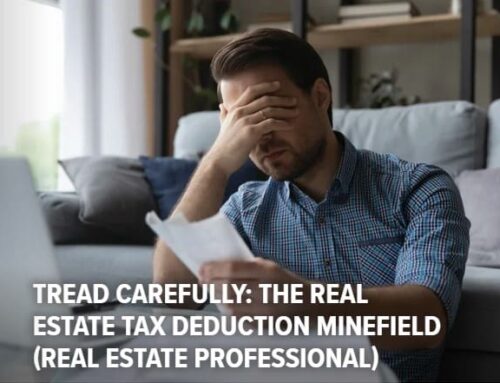Earlier this year, the Eastern District of Texas invalidated — commerce clause grounds — the Centers for Disease Control and Prevention’s (CDC’s) ability to halt residential evictions during the COVID-19 pandemic. Subsequently, in Tiger Lily, LLC v. U.S. Dept. of Housing & Urban Development, the Sixth Circuit Court of Appeals granted another win to landlords in Tennessee, who argued the agency’s order exceeded its authority.

On March 29th, the court denied the government’s emergency motion to stay a lower court’s order barring enforcement of the CDC’s Halt Order, which extended the moratorium on residential evictions until December 31, 2020. The Sixth Circuit found the government could not show a likelihood of success on the merits of its appeal such that enforcement of the lower court’s order should be stayed.
The decision turns on questions of statutory authority and whether Congress granted the CDC the power to extend the moratorium on residential evictions past the date set out in the CARES Act. After the act’s congressionally authorized moratorium expired on July 25, 2020, the CDC unilaterally issued the Halt Order, extending the eviction ban until December 31, 2020. The CDC based its ability to do so based on Section 361 of the Public Health Service Act, which allows the secretary of Health and Human Services to issue regulations necessary to prevent the introduction, transmission or spread of communicable diseases and allows the secretary to provide for “inspection, fumigation, disinfection, sanitation, pest extermination, destruction of animals or articles found to be so infected or contaminated as to be sources of dangerous infection to human beings, and other measures, as in his judgment may be necessary.” The government argued that a nationwide moratorium on evictions is among the “other measures” for disease control covered by Section 361.
The Sixth Circuit disagreed, finding the Halt Order to be outside the scope of the statute. The court reasoned that the residual phrase “and other measures” was controlled by reference to the enumerated categories before it, and that “[p]lainly, government intrusion on property to sanitize and dispose of infected matter is different in nature from a moratorium on evictions.” According to the court, regulation of the landlord-tenant relationship is historically the province of the states, and, if Congress intended to alter the usual constitutional balance between the states and federal government, it would have done so in “unmistakably clear” language. The absence of such language in the Public Health Service Act was dispositive in the court’s opinion. Notably, the constitutionality of government intrusion onto typically state-dominated areas concerned the Eastern District of Texas case as well.
Given the success of the recent challenges to the CDC’s authority, more lawsuits are sure to come. And, while the public health effects of COVID-19 will diminish as more Americans are vaccinated, the economic effects on both landlords and tenants are sure to endure. It remains to be seen whether Congress will issue a new eviction ban, or whether President Biden will address the issue via executive order.
Position Realty
Office: 480-213-5251



